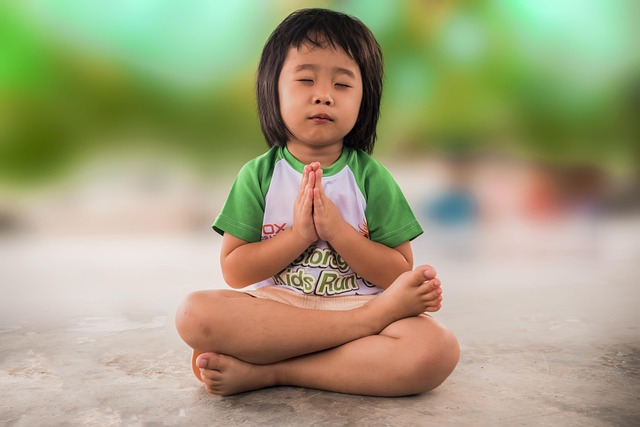The Power of Unity: Exploring Religion in Study Circles
In a world increasingly defined by divisions, the concept of community holds a profound significance. One powerful way to foster a sense of belonging and understanding is through study circles, particularly when exploring diverse religious beliefs and practices. These gatherings serve not only as educational platforms but also as opportunities for dialogue, reflection, and transformation.
At the heart of study circles lies the idea of learning together. Participants come together with the intent to explore various aspects of religion—its teachings, traditions, and the unique cultural narratives that shape different faiths. In doing so, individuals are invited to step into the shoes of one another, fostering empathy and compassion. The study circle becomes a safe space, where different perspectives can be shared without judgment. This openness is vital, especially when discussing sensitive topics like religion, where misunderstandings can easily escalate into conflict.
Religion often plays a critical role in shaping our values, ethics, and worldview. When we sit together in a study circle, we begin to dismantle the barriers that separate us. Imagine a gathering where a Christian, a Muslim, a Jew, and a Sikh share their beliefs, traditions, and practices. Through respectful dialogue, each person’s voice is not only heard but celebrated. Here lies the power of unity: when individuals from diverse backgrounds come together, they illuminate the common threads that bind humanity—love, hope, and the search for meaning.
Facilitating discussions in study circles about religious themes can lead to deeper insights. For instance, examining the concept of charity in various religions reveals a universal principle that transcends doctrine. Participants often discover that while the rituals may differ, the essence of compassion and generosity remains remarkably similar. This realization can spark friendships, collaborations, and a renewed sense of community among participants.
Moreover, study circles encourage active participation and critical thinking. Rather than passively absorbing information, members engage, question, and reflect on the complexities of faith and its impact on society. Such engagement is particularly crucial in our current climate, where misinformation and stereotypes about different religions prevail. By fostering a culture of inquiry, study circles help participants cultivate a more nuanced understanding of religion—one that celebrates diversity rather than fostering fear or suspicion.
Not all discussions in study circles will be comfortable; genuine exploration often invites difficult conversations. Yet, it is through these challenging dialogues that personal growth occurs. Learning how to navigate disagreements with kindness and respect is an invaluable skill that transcends the study circle experience, equipping individuals to foster constructive interactions in their broader communities.
Ultimately, the beauty of study circles is that they create pathways for justice, equity, and peace. When participants come together to study religion, they are not just sharing knowledge; they are building bridges of understanding. With each meeting, they strengthen their communal ties, creating a supportive network that fosters resilience against societal challenges. In times of strife, these connections can act as anchors, reminding us of our shared humanity.
As we explore the intersections of religion within study circles, we discover not only the diversity of beliefs but also the rich tapestry of experiences that contribute to our communal landscape. With every conversation, we inch closer to a more inclusive understanding—one that honors the past while paving the way for a future marked by unity, cooperation, and harmony. Through the power of study circles, we can transform our communities into places of peace and respect, where every voice matters and every belief is valued.




